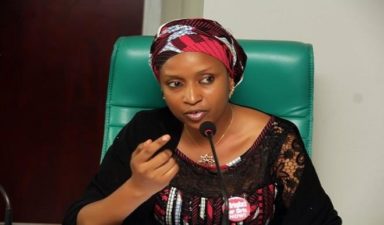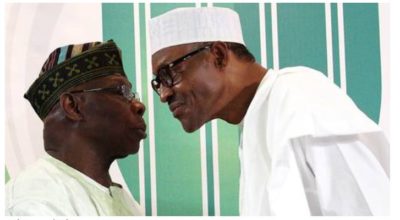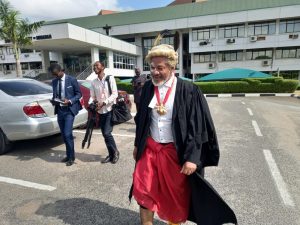Still on the ban of Twitter operations in Nigeria, The DEFENDER currently freshens up on the matter following last week’s appearance before the House of Representatives joint committee by Minister of Information and Culture, Alhaji Lai Mohammed, during which it came to the open the Federal Government’s proposal to the house to enact a law to regulate social and online media in Nigeria.
At a public hearing organised by the house on Wednesday 16 June, 2021, Alhaji Lai Mohammed asked the lawmakers to amend the National Broadcasting Commission (NBC) act to empower the agency to regulate social and online media.
The public hearing was organised by the house committee on information, national orientation, ethics and values on a bill to amend the NBC act.
Section two (b) of the NBC act states: “(1) The Commission shall have [the] responsibility of: Receiving, processing and considering applications for the establishment, ownership or operation of radio and television stations including (i) cable television services, direct satellite broadcast and any other medium of broadcasting.”
Mohammed, however, wants the commission to also be able to regulate the online media in addition to other channels of broadcasting.
The minister said: “I want to add here specifically that internet broadcasting and all online media should be included in this because we have a responsibility to monitor contents, including Twitter.”
Alhaji Mohammed’s proposal comes about six days after the NBC asked all social media platforms and online broadcasting service providers operating in Nigeria to apply for a broadcast licence.
The government’s action re-echoed concerns that the Buhari administration is clamping down on free speech and internet freedom — the government denied this.
At the public hearing, media stakeholders kicked against the move and asked the house panel to make the NBC more independent of the minister of information.
Akin Akingbulu, executive director of the Institute for Media and Society, said the commission should not receive directives from the minister.
“The power to give directives to the commission, vested in the minister of information in section six should be removed and replaced with powers which include policy formulation for the broadcasting sector,” he said.
He added that the minister should be involved in the “negotiation of international agreements, notifying the commission of the policy direction of government and ensuring that the independence of the commission is protected at all times.”
In their joint submission, the International Press Centre (IPC) and the Centre for Media Law and Advocacy said the appointment of the NBC board should be subject to the confirmation of the national assembly.
“The conduct of the NBC has over time presented it as an extension of the minister of information and culture which rarely acts independently,” they said.
Although no connection has been drawn, the government began moves to license social media companies after Twitter took down a tweet by President Muhammadu Buhari warning those killing security officers and carrying out other destructive activities, after stating that the message violated its policy.
The Twitter, however, did not see terrorist tweets inciting Nigerians against one another through fake news and other destructive messages as violating its rules neither did it deem it fit that Nigerian government has the authority to protect the nation against its (foreign) rules as the country cannot be subjected to rules of multinationals.
Two days after the incident, the Federal Government suspended Twitter in Nigeria and directed NBC to “immediately commence the process of licensing all OTT and social media operations in Nigeria”.




